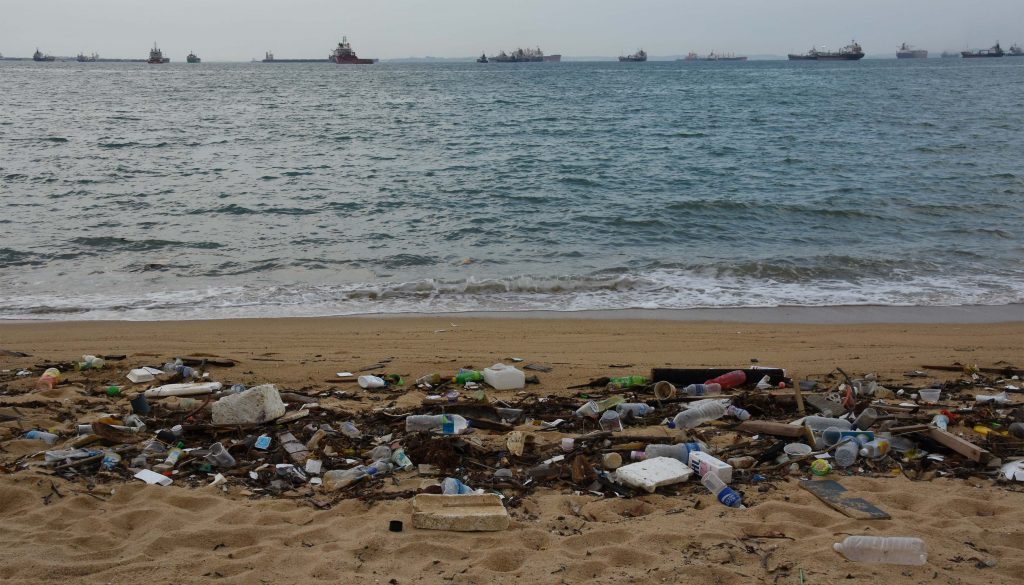The plastic pandemic has triggered of Barkat’s exploration of the plastic waste problem and its outcomes. The research has shown our self created catastrophe observed on beaches around the globe, oceans filling up with particles of plastic waste and the wild life suffocating and disappearing because of our own doing. Ocean currents transfer plastic waste from one continent to another irrelevant to national borders, countries or territories. Nature is stronger than human behaviour. If global discussion about this matter does not take place, the human species will suffocate themselves and our planet. What is required is a discussion with no self preferences, no economic dominance and seeing nature as an equal to the human species.
Earth Poetica is presented in collaboration with the United Nations Environment Programme (UNEP), and opens on World Environment Day, celebrated annually since 1973, on June 5. This year’s theme focuses on plastic pollution, and how plastic waste contributes to the climate crisis. Since its creation in 1972, UNEP has been the global authority that sets the environmental agenda, promotes the coherent implementation of the environmental dimension of sustainable development within the United Nations system, and serves as an authoritative advocate for the global environment.








Learn more
Earth Poetica Project »